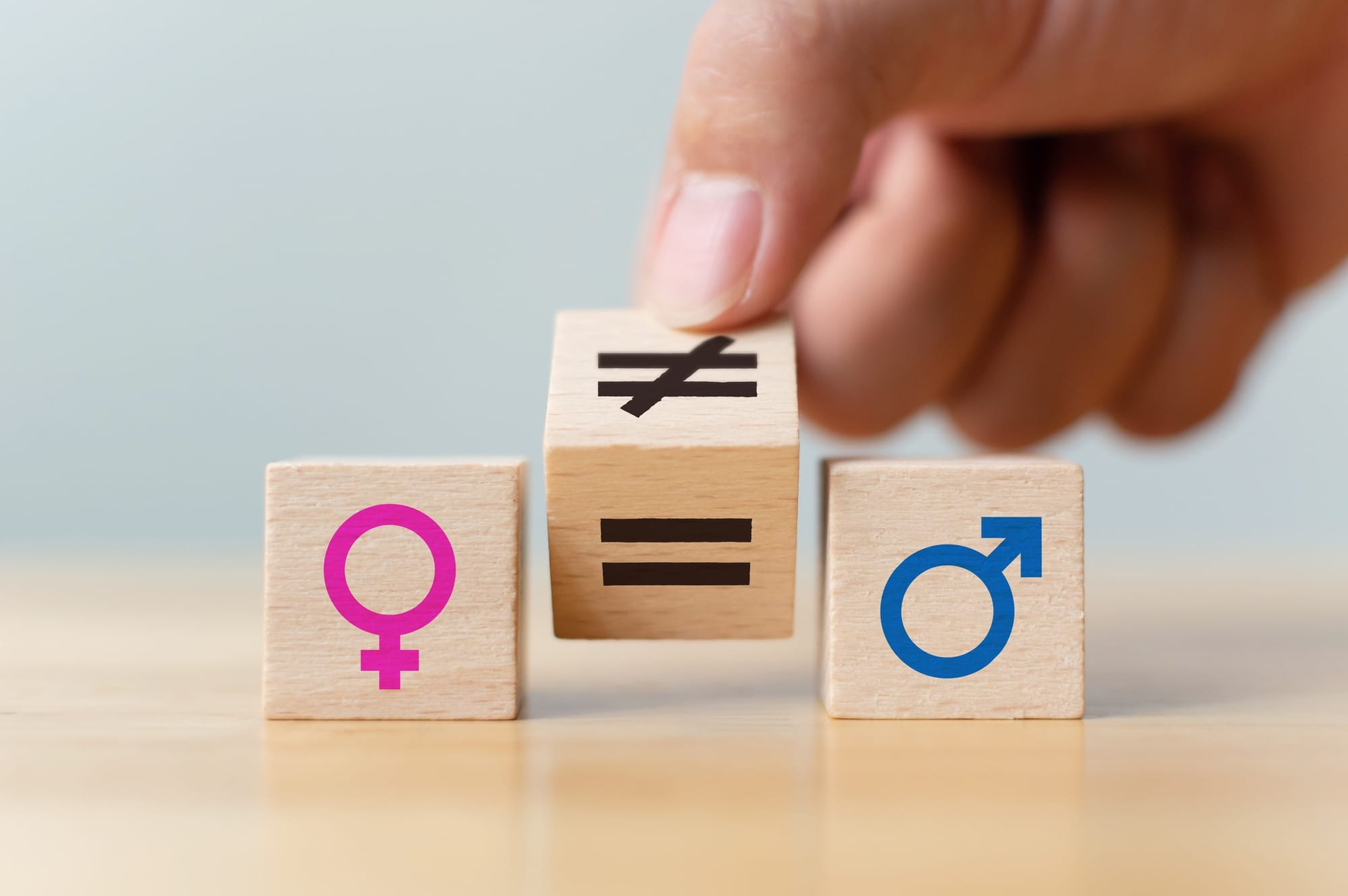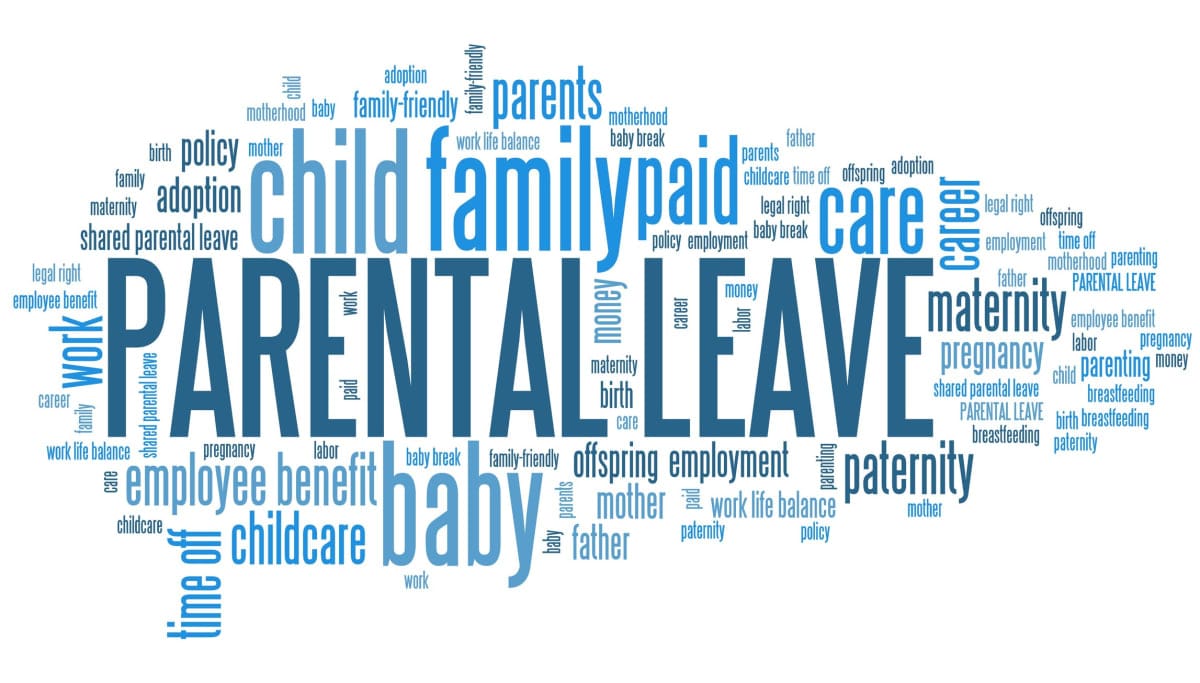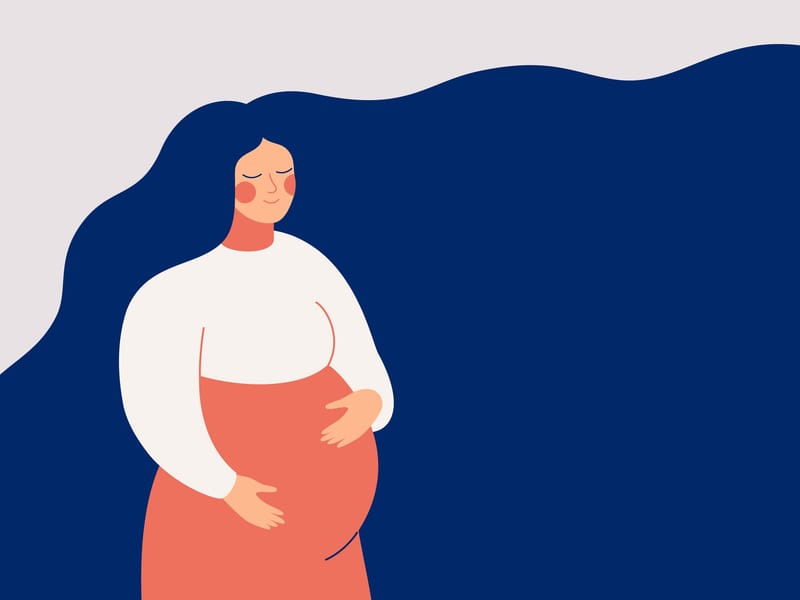
The Labor government has delivered its first budget in almost a decade, marking a stark departure from the “blokier” budgets of recent years.
In line with campaign promises, the Albanese and Chalmers budget centres gender equality and the care economy instead of high-vis and hard hats.
As Minister for Finance and Minister for Women Katy Gallagher has noted: “Women are not [just] an add-on in this budget.”
This morning, celebrating Labor's Women's Budget Statement!
We've used our first Budget to make women's equality an economic priority.
It's an extraordinary first, but we're going to keep going it until it becomes standard practice.#auspol pic.twitter.com/2A2toha3KH— Katy Gallagher (@SenKatyG) October 27, 2022
Just how, then, has Labor put women at the heart of the budget?
The accompanying Women’s Budget Statement (WBS) is a move in the right direction, and indicates where this government is heading. It looks like gender equality will be a central concern, rather than an afterthought.
In 1984, under the direction of Minister Assisting the Prime Minister for the Status of Women, Susan Ryan AO, Australia became the first country to release a WBS.
These statements essentially outline how budgetary decisions impact women to challenge their usual invisibility in economic policies, and so are crucial in advancing gender equality.
This innovation was dropped, however, in 2014 by former prime minister Tony Abbott, only making a return in 2021 under the Morrison government.
The starting point for my women’s budget statement analysis is the extent to which it leads to a paradigm shift in the way we understand gender inequality – and what can be done to address it. That paradigm shift is huge. HUGE! Me in @GuardianAus https://t.co/WTGIEl24gj— Kristine Ziwica (@KZiwica) October 26, 2022
In contrast to the previous two statements, this year’s WBS suggests the inaugural budget from the Albanese Labor government will meaningfully mainstream gender equality with a raft of measures.
Significantly, we’ve seen a return to gender-responsive budgeting that, as the WBS notes:
“Creates better and fairer outcomes, and ensures women, men and gender-diverse people have equal access to opportunities and resources.”
Importantly, the government aims for Australia to once again take a position of global leadership on gender equality.
In pursuit of the Labor government’s stated commitment to delivering “proactive, long-term change to advance gender equality”, the WBS outlines three key themes.
Women’s economic equality
In his budget speech, Chalmers declared that women’s full economic participation would be a core objective of government policy.
To foster equal opportunity, the government will:
- expand the paid parental leave scheme up to 26 weeks and ensure “more Dads [are] doing their bit” through the “use it or lose it” clause
- increase childcare subsidies over the next four years, and provide families with First Nations children a minimum of 36 hours of subsidised childcare per fortnight
- invest $20.2 million to establish Pay Equity and Care and Community Sector expert panels in the Fair Work Commission.
A lack of affordable and accessible childcare has long been one of the biggest obstacles to women’s workforce participation and economic security.

Another is the lack of adequate paid parental leave – and especially a leave provision that includes superannuation contributions.
So, while it’s welcome to hear that the government plans to tackle the former two issues, ignoring the latter is a lost opportunity to secure a better future for women in retirement.
It’s also disappointing that many of these measures – such as the reduction in childcare fees – will not come into force until mid-2023 at the earliest, with the full extension of the paid parental leave scheme delayed until 2026.
This budget is a good start in securing women’s economic participation and tackling the gender pay gap, but many women will continue to struggle while they wait for the rollout of these policies.
Ending violence against women and children
The government will spend more than $1.7 billion to support the National Plan to End Violence against Women and Children 2022-32, including the funding of 500 frontline service and community workers to support women and children experiencing family violence, instituting all recommendations of the Respect@Work: Sexual Harassment National Inquiry Report, 10 days’ paid domestic and family violence leave, and the funding of education services dedicated to consent and respectful relationships.
This is a start, but it falls considerably short of the $1 billion annually that experts say is needed to end violence against women and children.
Gender equality, health, and wellbeing
The WBS acknowledges that gender, economic equality, and health outcomes for women are deeply interrelated issues.
As such, the Labor government has committed to an expansion of perinatal mental health centres nationwide, strengthening Medicare, and the provision of funding to support resulting increases to award-rate wages for aged care workers.
While the term “disability” appears 34 times in the WBS, there’s no mention of the NDIS – surely a program that should be analysed through a gender lens. Likewise, there’s little extra funding towards healthcare workers and disability care workers – both low-paid, female-dominated industries.
While this budget notably centres support for women, most of this support will be directed to those in secure employment. Meanwhile, unemployed and low-socioeconomic-status (SES) households have been largely overlooked.
As the costs of living continue to rise and a rental crisis grips the country, many women, and especially single mothers already statistically more likely to live below the poverty line, will be feeling the crunch.
To address the worsening housing crisis, the government has announced a new housing accord “between governments, investors and industry” to build affordable housing.
Taking his cue from the neoliberal playbook, Chalmers has stressed the importance of supply coming from the market, not governments. Yet this does little to help people (many of whom are women, especially older women) who are struggling with the housing crisis in the immediate or even mid-term.
I’m also sceptical that you can solve a neoliberal problem with a neoliberal solution.
And the budget completely ignores the plight of renters, again many of whom are women – including women over 55, who are the fastest-growing cohort at risk of homelessness.
Treasurer Chalmers warned in his budget speech that "there will be hard times to come”, and he’s offered little relief for those already struggling financially.
Yet both Chalmers and Albanese remain firm in their support for the Stage 3 tax cuts, which will not only predominantly benefit wealthy men, but will further exacerbate government deficits. How will this impact on the government’s ability to afford their ambitious national strategy to achieve gender equality?
Are women truly at the heart of this budget?
Labor has cemented an inspiring vision of the future in which women and gender equality are centred rather than sidelined, and the belated return of gender-responsive budgeting is likewise refreshing and sorely needed.
Yet this marks a bare minimum ground on which the Labor government will need to build to ensure that all women – not just those “untapped resources” of productivity – will be included in their gender-equal vision of Australia’s future.





